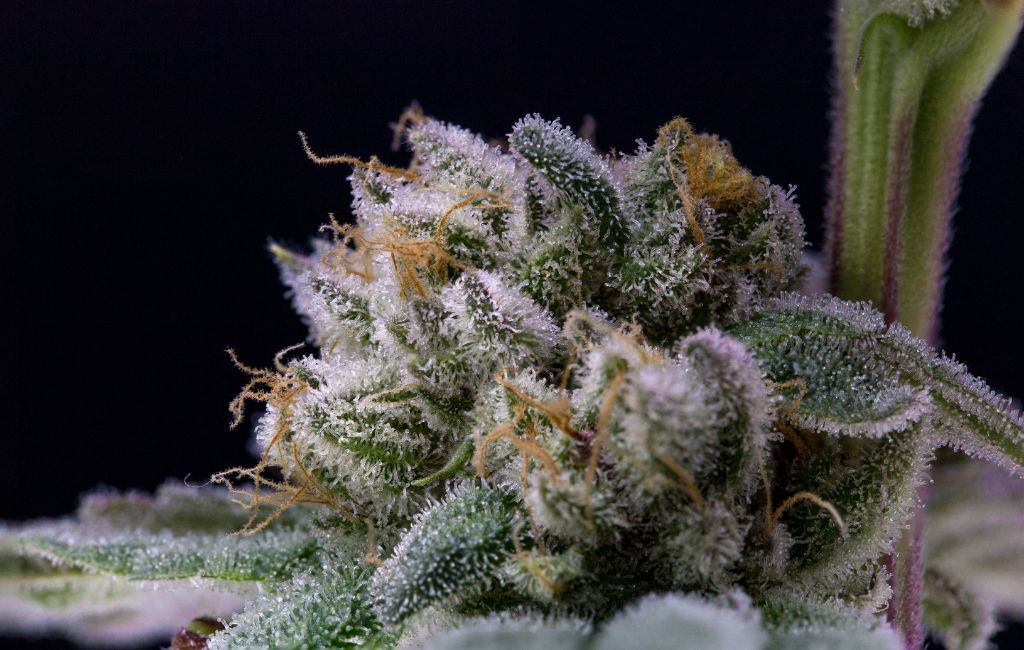THCa Flower Natural Effects Detailed
The world of cannabis is vast and varied, with numerous compounds contributing to its effects. Among these, THCa, or tetrahydrocannabinolic acid, stands out for its unique properties. Unlike its more famous counterpart, THC, THCa is non-psychoactive in its raw form. This article explores the natural effects of THCa flower, providing insights into its potential benefits and uses.
Understanding THCa
THCa is a cannabinoid found in raw and live cannabis plants. It is the precursor to THC, the compound responsible for the psychoactive effects of cannabis. When cannabis is heated through smoking, vaping, or cooking, THCa undergoes decarboxylation, converting into THC. This transformation is what gives cannabis its characteristic high.
In its natural state, THCa does not produce psychoactive effects. This makes it an attractive option for those seeking the therapeutic benefits of cannabis without the high. Research into THCa is still in its early stages, but preliminary findings suggest a range of potential health benefits.
Potential Health Benefits of THCa
- Anti-inflammatory Properties: THCa has shown promise in reducing inflammation, which could be beneficial for conditions like arthritis and inflammatory bowel disease.
- Neuroprotective Effects: Some studies suggest that THCa may help protect brain cells, potentially offering benefits for neurodegenerative diseases such as Alzheimer’s and Parkinson’s.
- Anti-emetic Effects: THCa may help reduce nausea and vomiting, making it a potential option for patients undergoing chemotherapy.
- Appetite Stimulation: Like THC, THCa may help stimulate appetite, which can be beneficial for individuals with conditions that cause appetite loss.
Consumption Methods
There are several ways to consume THCa without converting it to THC. These methods allow users to experience the potential benefits of THCa without the psychoactive effects.
Raw Cannabis Juicing
Juicing raw cannabis leaves and flowers is a popular method for consuming THCa. This method preserves the cannabinoid in its natural form, allowing users to benefit from its potential health effects. Juicing can be done using a standard juicer, and the resulting juice can be mixed with other fruits and vegetables for a nutritious drink.
THCa Tinctures
Tinctures are liquid extracts made by soaking cannabis in alcohol or another solvent. THCa tinctures are available in many dispensaries and can be taken sublingually (under the tongue) for quick absorption. This method is discreet and allows for precise dosing.
Topical Applications
THCa-infused creams and balms can be applied directly to the skin. This method is particularly useful for targeting localized pain and inflammation. Topicals do not produce psychoactive effects, making them a suitable option for those who wish to avoid THC.
Case Studies and Research
While research on THCa is still emerging, several studies and anecdotal reports highlight its potential benefits. For instance, a study published in the British Journal of Pharmacology found that THCa exhibited anti-inflammatory properties in animal models. Another study in the Journal of Neuroimmune Pharmacology suggested that THCa might have neuroprotective effects.
Anecdotal evidence from patients and healthcare providers also supports the potential benefits of THCa. Some patients report relief from chronic pain and inflammation, while others note improvements in appetite and mood.
Legal Considerations
The legal status of THCa varies by region. In many places, THCa is not classified as a controlled substance, as it does not produce psychoactive effects. However, once THCa is converted to THC, it falls under the same legal restrictions as THC. Consumers should be aware of the laws in their area before purchasing or using THCa products.
Conclusion
THCa flower offers a unique opportunity to explore the benefits of cannabis without the psychoactive effects associated with THC. From its potential anti-inflammatory and neuroprotective properties to its use in raw juicing and topicals, THCa presents a promising area of study and application. As research continues to unfold, THCa may become an increasingly popular choice for those seeking natural health solutions.
